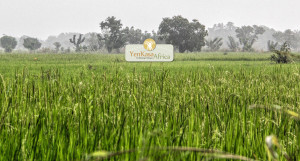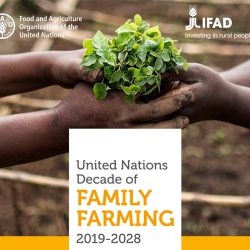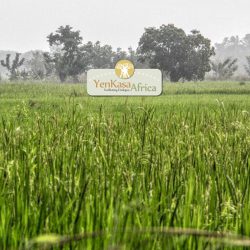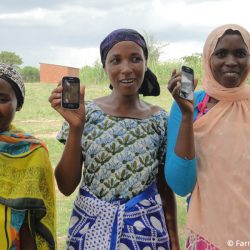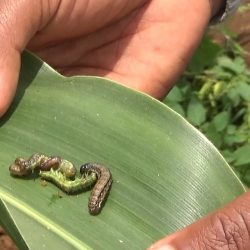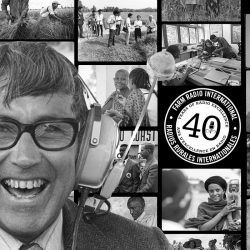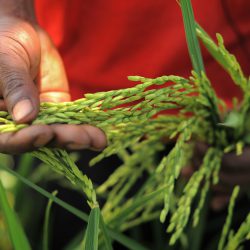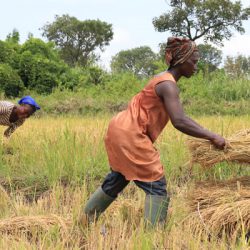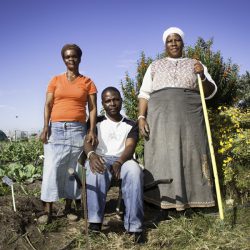A GLOBAL ACTION PLAN TO WORK TOGETHER FOR COMMON GOALS
The Global Launch of the United Nations Decade of Family Farming was held in Rome on Wednesday 29 May 2019, co-organized by FAO and IFAD as the Joint Secretariat of the UN Decade. The launch brought together farmers’ organizations, policymakers and many non-governmental organizations. A GLOBAL ACTION PLAN TO WORK TOGETHER FOR COMMON GOALS Through a Global Action Plan, the UNDFF provides detailed guidance for the international community on collective,

